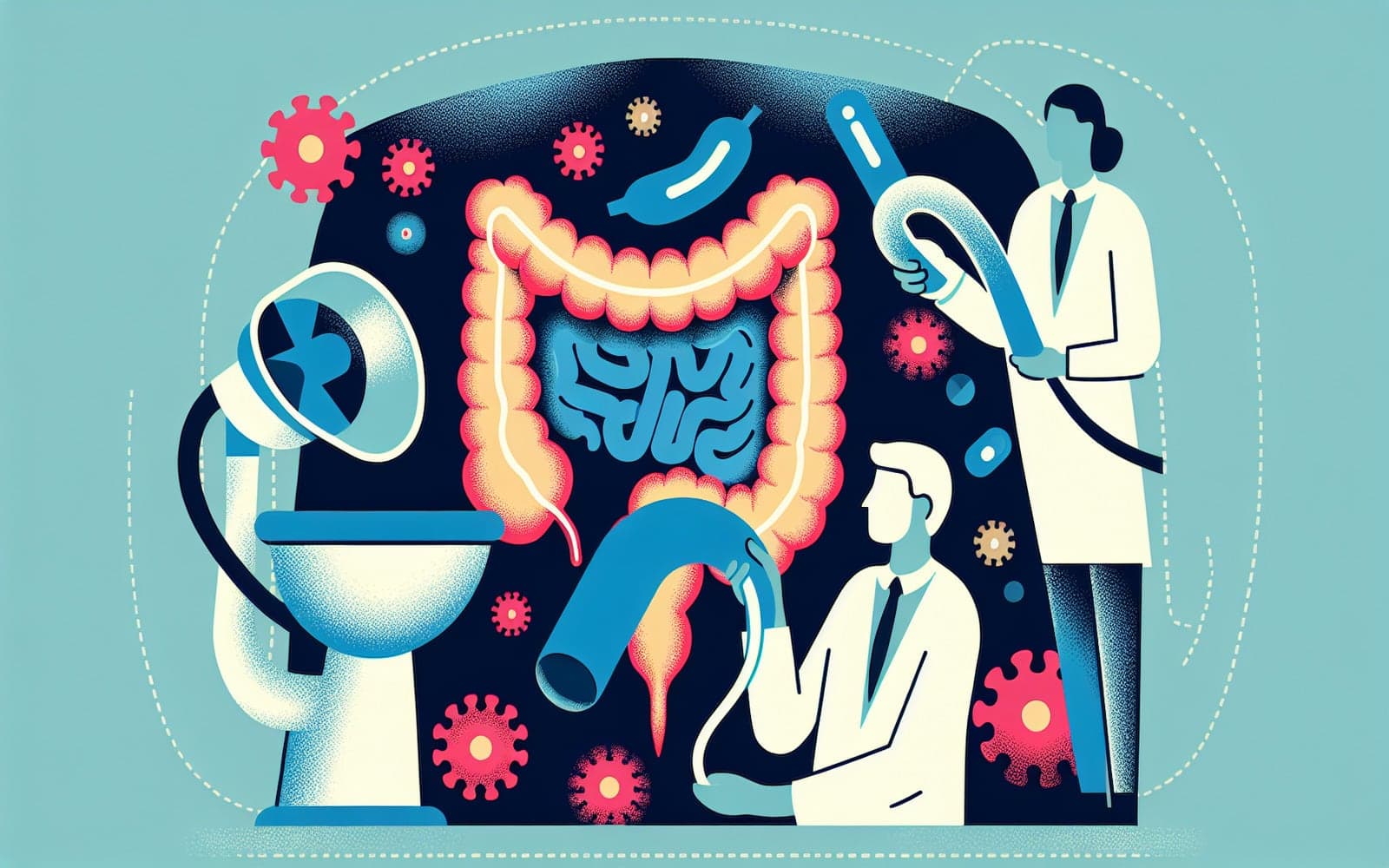Diagnosing Diverticulitis: From CT Scans to Colonoscopies - What to Expect
Published: Aug 03, 2024
Diagnosing diverticulitis can be tricky, as its symptoms can mimic other conditions. Let's explore the journey from suspicion to diagnosis, and what tests you might encounter along the way.
Contents
The Power of Imaging
Computed Tomography (CT) scans are the gold standard for diagnosing diverticulitis. They can show inflamed diverticula, thickening of the colon wall, and complications like abscesses. The scan is quick, painless, and highly accurate. You'll lie on a table that slides into a donut-shaped machine, and the whole process takes about 10-30 minutes. Sometimes, you might need to drink a contrast solution beforehand to help highlight your digestive tract.
Blood Tests and Beyond
Your doctor will likely order blood tests to check for signs of infection and inflammation. These might include a complete blood count (CBC) to look for elevated white blood cells, and C-reactive protein (CRP) to measure inflammation levels. You might also need to provide a stool sample to rule out other causes of your symptoms, like infections. These tests help paint a fuller picture of what's going on in your body.

The Role of Colonoscopy
While not typically used to diagnose acute diverticulitis, colonoscopy plays a crucial role in follow-up care. It's usually performed 6-8 weeks after an acute episode to confirm healing and rule out other conditions like cancer. During a colonoscopy, a flexible tube with a camera is inserted through the rectum to examine the entire colon. You'll be sedated for comfort, and the procedure usually takes about 30-60 minutes.
Frequently Asked Questions
Not always, but it's the most accurate test for diverticulitis.
CT results are often available within hours; blood tests may take 1-2 days.
Most are, but check with your provider for specific coverage details.
Sometimes, based on symptoms, but tests are usually needed for confirmation.
Key Takeaways
Understanding the diagnostic process can help ease anxiety and ensure you get the right treatment for diverticulitis.
Curious about which tests might be right for you? Chat with Doctronic to learn more about diagnosing diverticulitis.Related Articles
References
Sartelli M, et al. 2020 update of the WSES guidelines for the management of acute colonic diverticulitis in the emergency setting. World J Emerg Surg 2020; 15:32.
Laméris W, et al. Graded compression ultrasonography and computed tomography in acute colonic diverticulitis: meta-analysis of test accuracy. Eur Radiol 2008; 18:2498.
Always discuss health information with your healthcare provider.